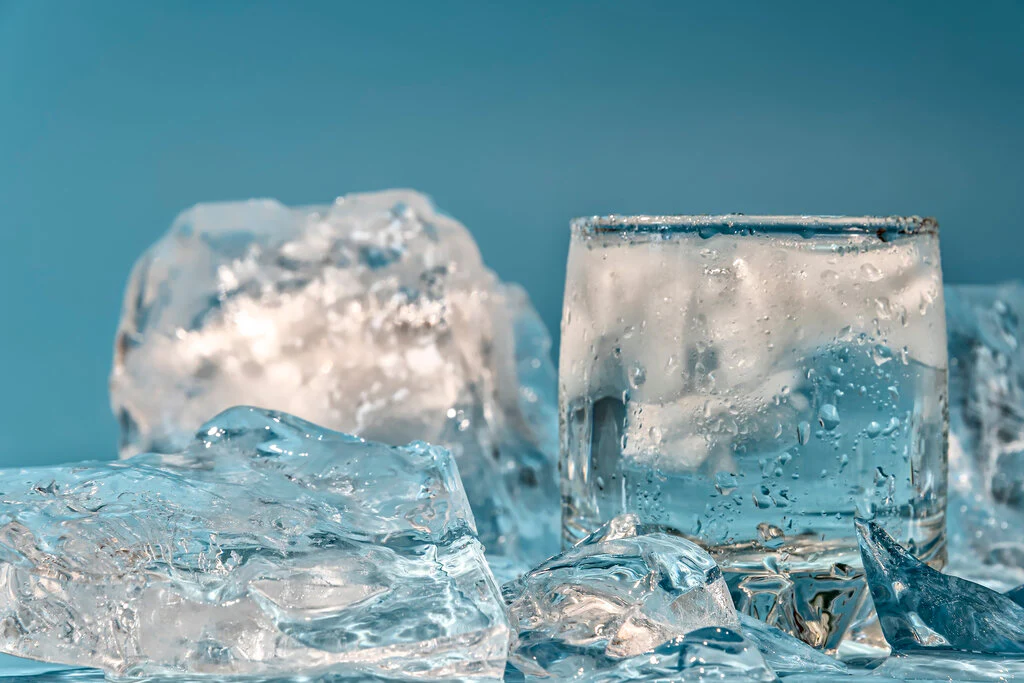How long does it take Water to Freeze

From Splash to Slush: Unveiling the Factors Affecting How Long It Takes Water to Freeze
Water, the elixir of life, transforms into a solid form we call ice when temperatures drop. But how long does this seemingly simple process take? The answer, like many things in science, isn’t as straightforward as you might think. This article dives into the factors that influence how long it takes water to freeze, turning up the cool factor on this everyday phenomenon.
The Magic Number: 32°F (0°C)
While water technically freezes at 32°F (0°C), this is the ideal scenario under controlled laboratory conditions. In reality, several factors can affect how long it takes your home refrigerator or a cup of water to freeze:
- Starting Temperature: The warmer the initial water temperature, the longer it will take to freeze. Imagine a hot cup of cocoa versus a chilled glass of water – the cocoa will take considerably longer to solidify.
- Water Purity: Impurities like salt or minerals can act as nucleation sites, tiny imperfections that encourage ice crystal formation. Distilled water, with fewer impurities, might require slightly colder temperatures or a nudge (like tapping the container) to initiate freezing. This is known as the supercooling effect.
- Container Material: The material your water container is made of plays a role. Metals like aluminum conduct heat efficiently, allowing water to lose heat faster and potentially freeze quicker compared to plastic containers.
Beyond the Basics: Other Freezing Factors
- Airflow and Surface Area: The more exposed the water’s surface area is to cold air, the faster it will freeze. A shallow dish of water will freeze quicker than a deep pot due to increased surface area contact with the cold air.
- Air Pressure: At higher altitudes, where air pressure is lower, the boiling point of water decreases, and so does the freezing point. This means water may take slightly longer to freeze at high mountain elevations.
Freezing Hacks for the Home Chef
Understanding these factors can be advantageous in the kitchen. For faster ice cube creation, pre-chill your ice cube tray or use warm (not hot) water to rinse it beforehand. Leaving a little space in your ice cube tray allows for expansion as the water freezes, preventing cracked trays.
The Beauty of the Freeze
The process of water freezing is a fascinating display of physics and chemistry. Understanding the factors that influence this everyday phenomenon allows us to appreciate the intricate dance between temperature, pressure, and the unique properties of water. So next time you witness water transforming into ice, remember – it’s not just about the cold, but a cool interplay of science at work!
Beyond the Basics: The Science Behind Freezing
The factors we’ve discussed so far influence how quickly heat is transferred from water to its surroundings, ultimately affecting freezing time. But let’s delve a little deeper into the scientific principles at play:
- The Role of Hydrogen Bonds: Water molecules have a unique structure that allows them to form hydrogen bonds with each other. These bonds create a structured liquid state. As temperatures drop, these bonds become stronger, causing water molecules to arrange themselves in a more rigid crystal lattice – ice.
- Phase Change and Latent Heat: Freezing is a phase change, where water transforms from a liquid to a solid. This process requires the removal of heat energy, known as latent heat of fusion. The more heat that needs to be removed, the longer it takes for the water to freeze completely.
The Intrigue of Supercooling
We mentioned the supercooling effect, where very pure water can exist below its freezing point without solidifying. This happens because water molecules require a tiny nudge, an imperfection or a vibration, to initiate the formation of ice crystals. Here’s where those impurities we mentioned earlier come in. By providing nucleation sites, they lower the activation energy needed for freezing to begin.
The Unfreeze: When Ice Melts
Understanding freezing also requires understanding its counterpart – melting. The same factors that influence freezing come into play when ice melts. Warmer temperatures, increased surface area exposure, and even the presence of salt (which lowers the freezing point) can all accelerate the melting process.
The Takeaway: A Freeze Frame on a Fascinating Phenomenon
Freezing water may seem like a simple everyday occurrence, but it’s a captivating interplay of physics and chemistry. By understanding the factors that influence how long it takes for water to freeze, we gain a deeper appreciation for the unique properties of this essential molecule and the remarkable world of science at work around us.
So, the next time you witness the transformation of water into ice, remember – it’s more than just a change of state. It’s a testament to the power of science and a reminder of the fascinating world that lies beneath even the most ordinary phenomena.



